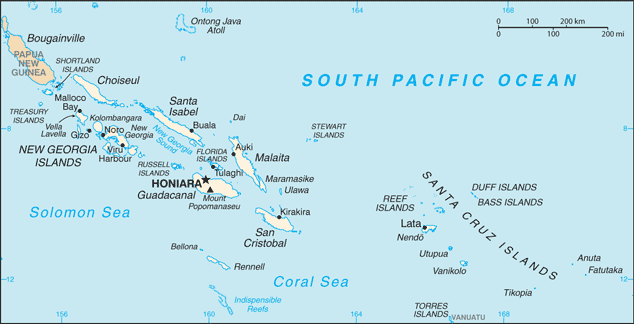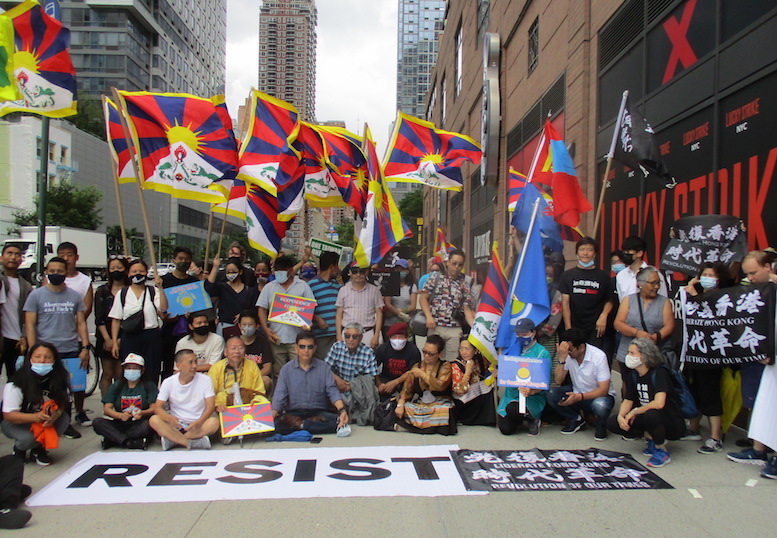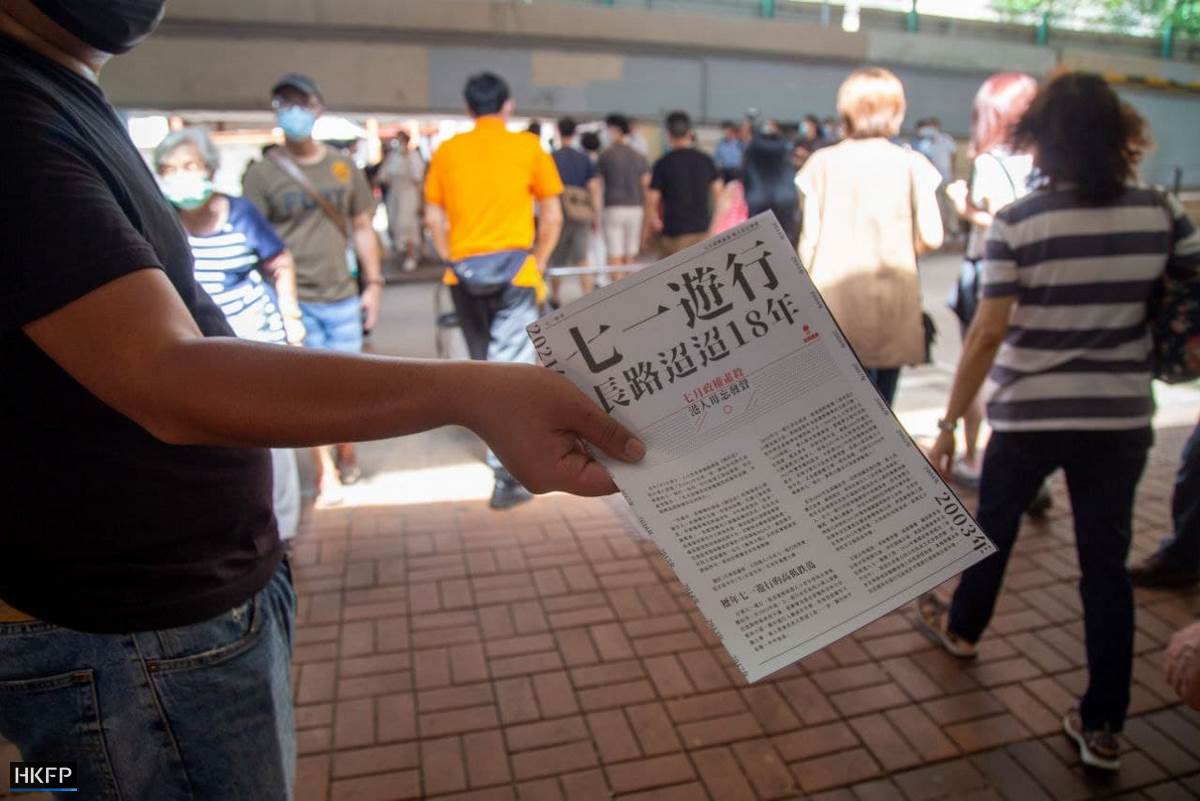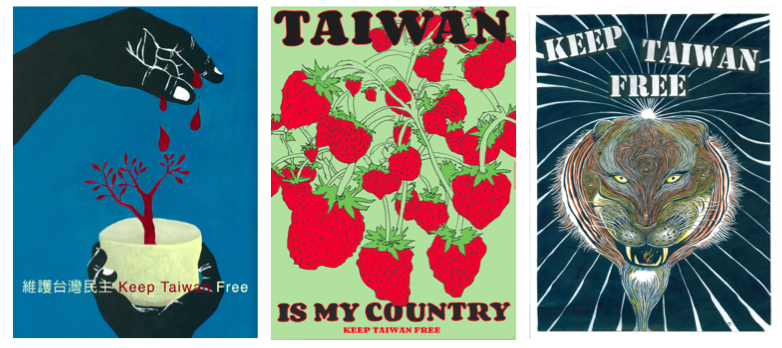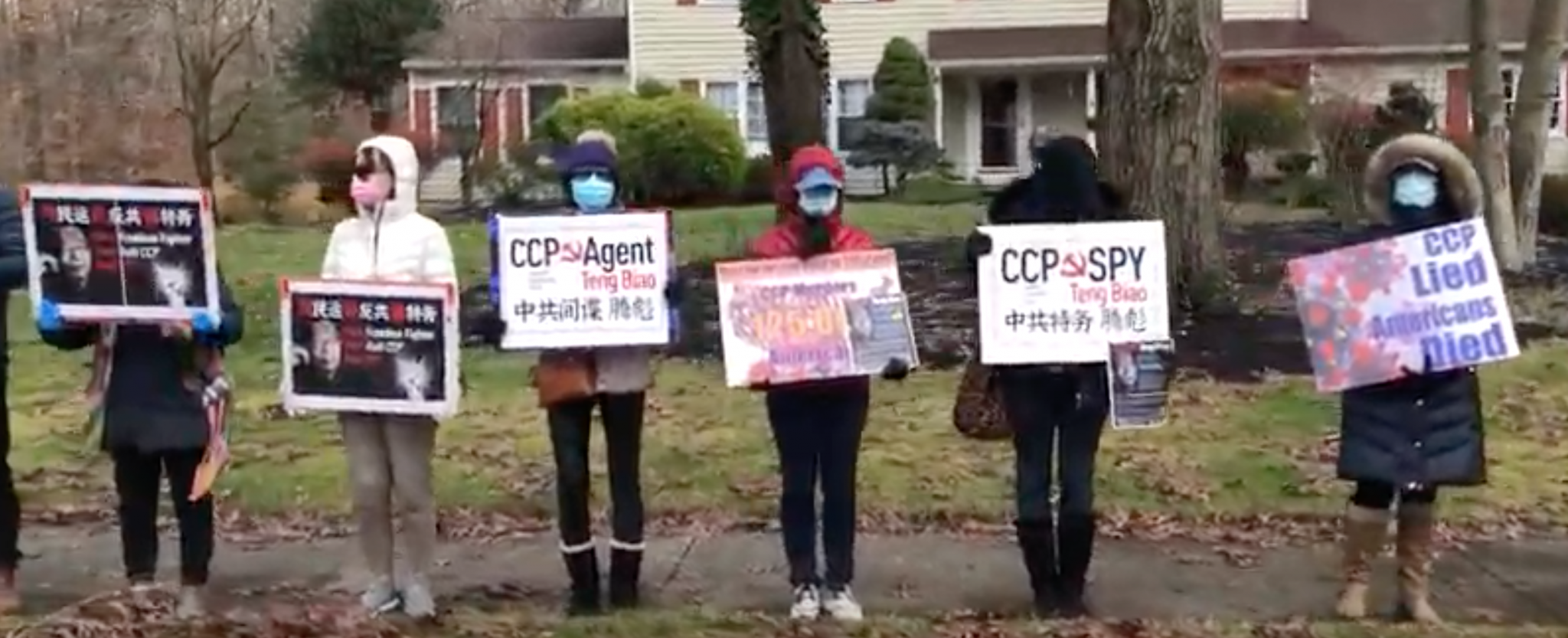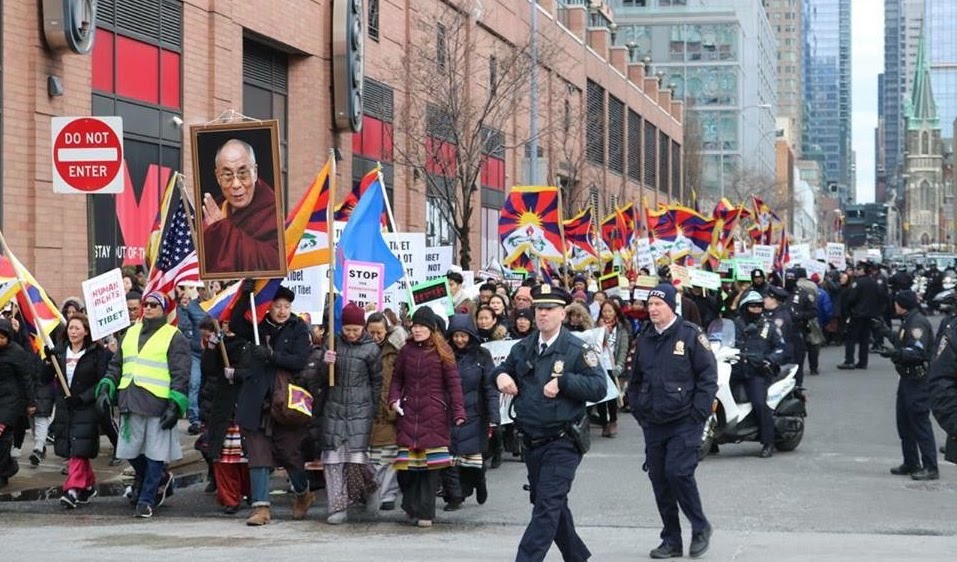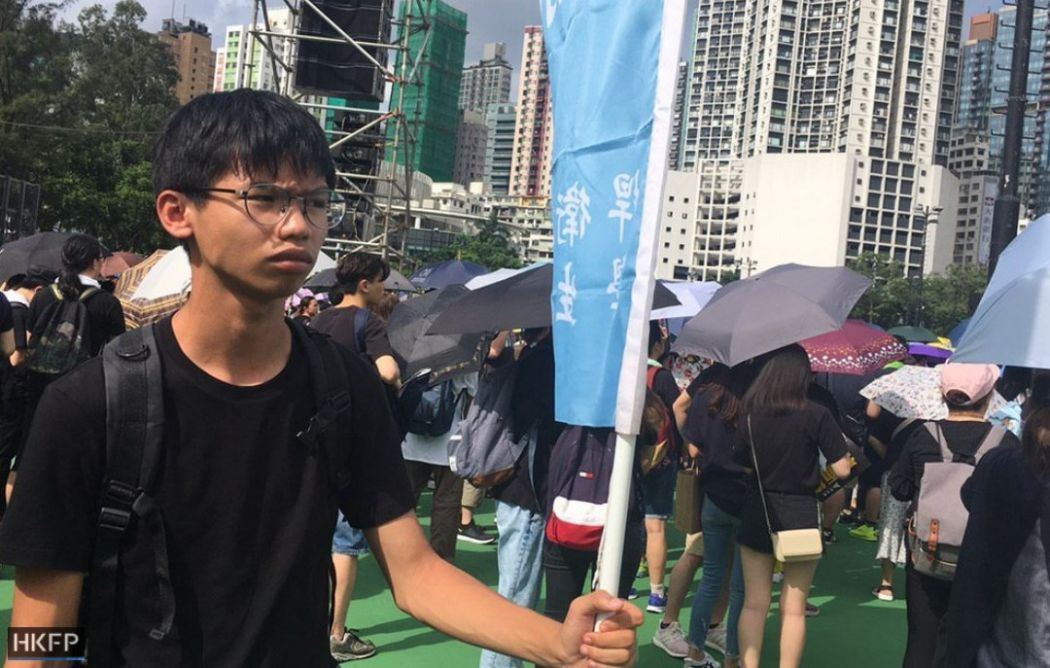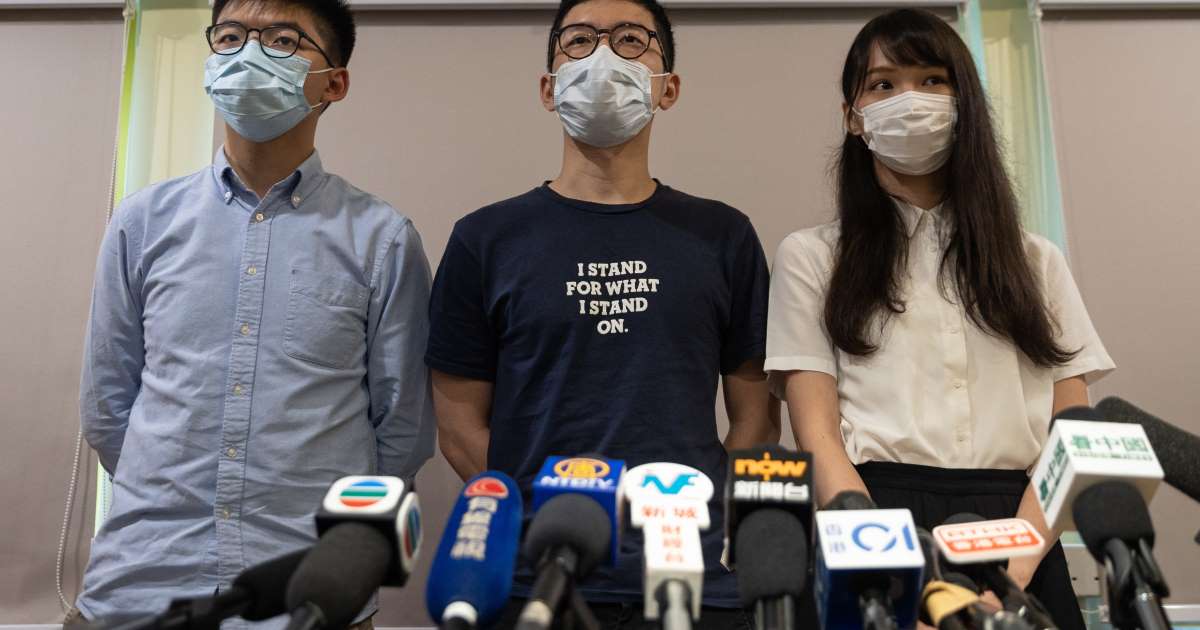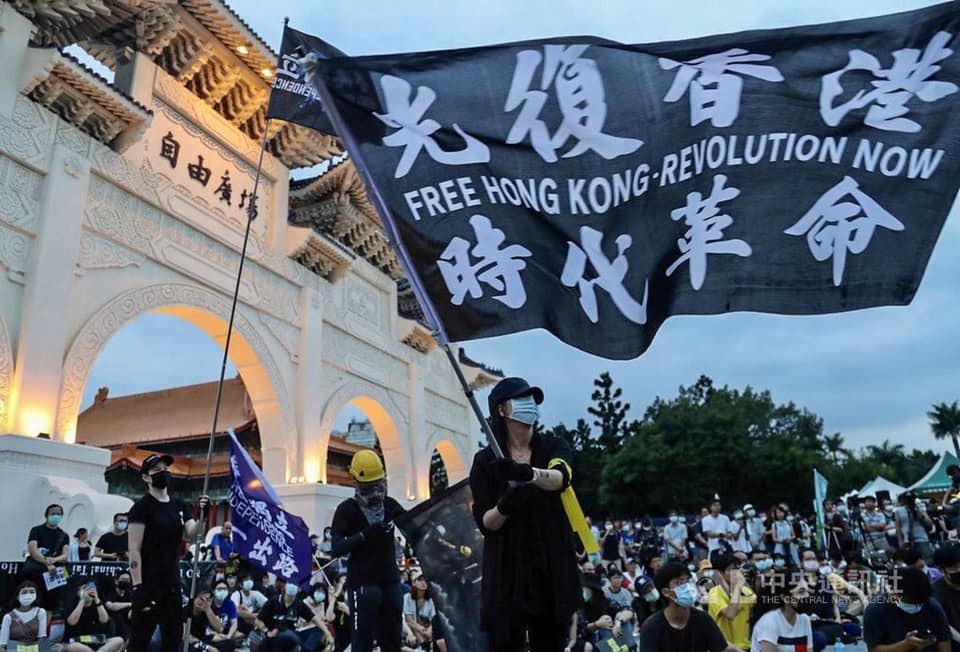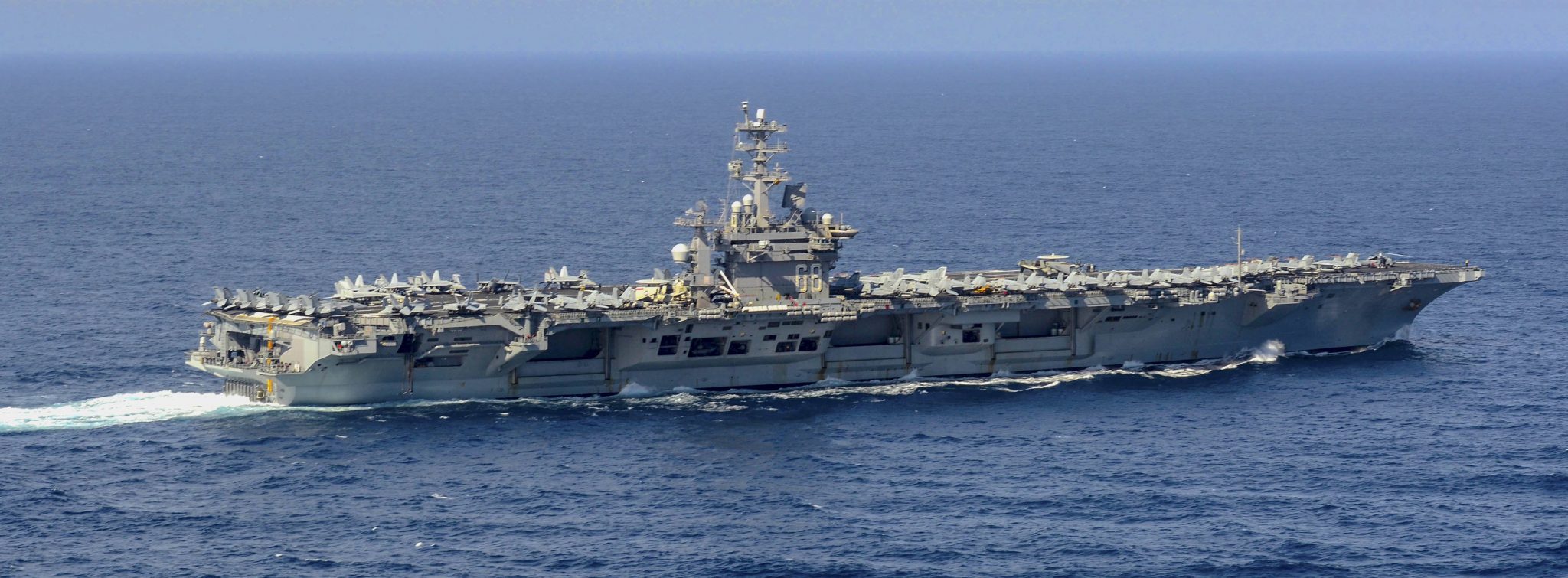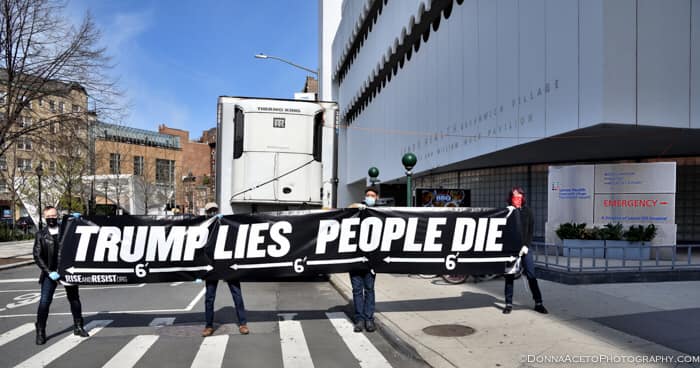
Podcast: R2P in the 21st Century
In Episode 101 of the CounterVortex podcast, we present the audio from a panel at the Ninth International Herbert Marcuse Society Conference, held in October at Arizona State University in Tempe. The panel, “The Responsibility to Protect in the Twenty-First Century,” features two presentations. Javier Sethness speaks on “Realism, Egalitarianism, and Internationalism,” providing a theoretical and historical framework, including a discussion of Herbert Marcuse‘s work with US intelligence in World War II. Bill Weinberg, speaking from New York, follows with “For Solidarity; Against Dictators and Campism,” discussing contemporary examples, including Syria, Libya, Burma and Taiwan. A third presentation was to have been offered by Anner G. in Ethiopia, on “The Responsibility to Protect in Tigray,” but she was unable to join. The work of her group, Horn Anarchists, is discussed in Weinberg’s presentation. Listen on SoundCloud or via Patreon. (Photo: Destruction of Aleppo, via 7ee6an)



